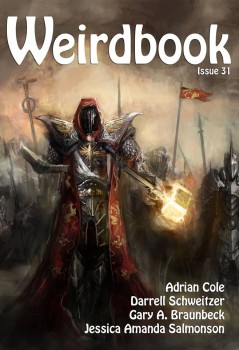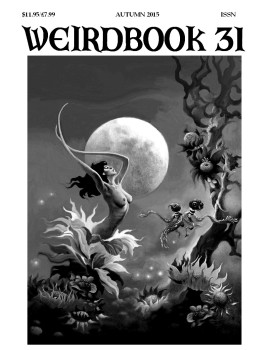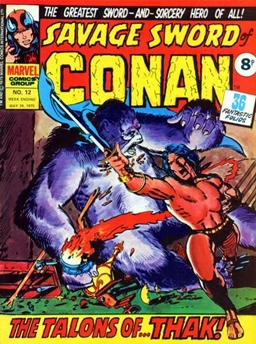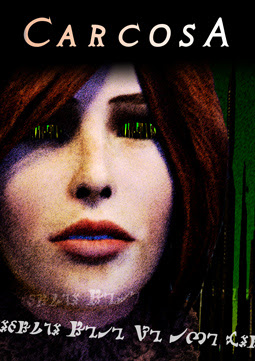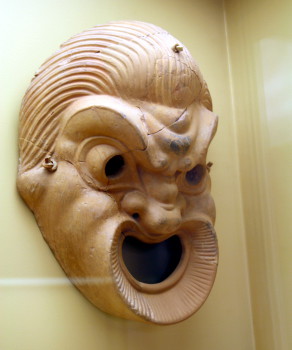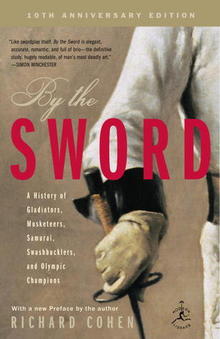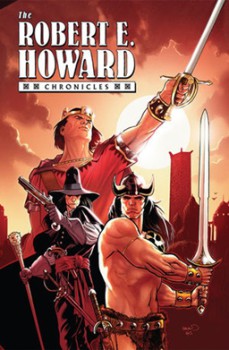 Our summer of Robert E. Howard is just rolling along here at Black Gate. The latest entry delves into the comic book/graphic novel world of Howard’s works. I don’t know much about this area, but even I’m aware of Roy Thomas.
Our summer of Robert E. Howard is just rolling along here at Black Gate. The latest entry delves into the comic book/graphic novel world of Howard’s works. I don’t know much about this area, but even I’m aware of Roy Thomas.
Bobby Derie is going to take us on a tour focusing on the non-Conan adaptations of Howard’s works. You’re going to learn about a quite a few you’ve missed. So, on we go!
The Golden Age of Comics passed Robert E. Howard by completely. The Silver Age treated him almost as poorly, save for in Mexico, where La Reina de la Costa Negra spun out the fantastic adventures of a blond Conan as second-mate to the pirate-queen Bêlit, and “The Gods of the North” found a few pages in Star-Studded Comics #14 (Texas Trio, 1968), and Gardner F. Fox borrowed liberally from Conan in crafting “Crom the Barbarian” for Out of this World (Avon, 1950).
In an era when DC Comics and their contemporaries felt no qualms stealthily adapting the horror and science fiction stories of H. P. Lovecraft, Arthur Machen, and Ray Bradbury without permission or credit, they apparently did not touch the evocative weird tales of Robert E. Howard; neither did the sport comics or westerns or detectives.
In 1970 when Marvel Comics licensed the character of Conan the Barbarian from Glenn Lord, acting as the agent for the Howard estate, they were on unsure ground; up until this point, Marvel had mostly worked on their own characters and properties. Yet the barbarian proved an unexpected success as the issues wore on, with writer Roy Thomas receiving permission even to adapt some of Howard’s original Conan stories to the comics, including such classics as “The Tower of the Elephant” and the novel The Hour of the Dragon.
The success of Conan led Marvel to license additional of Howard’s characters for adaptation — Kull of Atlantis, the Pictish king Bran Mak Morn, and the Puritan adventurer Solomon Kane — as well as the creation of original spin-off characters, most notably Red Sonja, based in part on Howard’s Red Sonya of Rogatino.
…
Read More Read More
